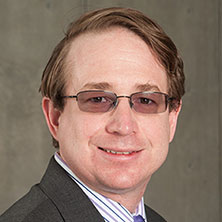
Manfred Minimair , Ph.D.
Professor, Program Director for Computer Science, Cybersecurity, Data Science
Department of Mathematics and Computer Science
(973) 761-9466
Email
McQuaid Hall
Room 215
Manfred Minimair, Ph.D.
Professor, Program Director for Computer Science, Cybersecurity, Data Science
Department of Mathematics and Computer Science

